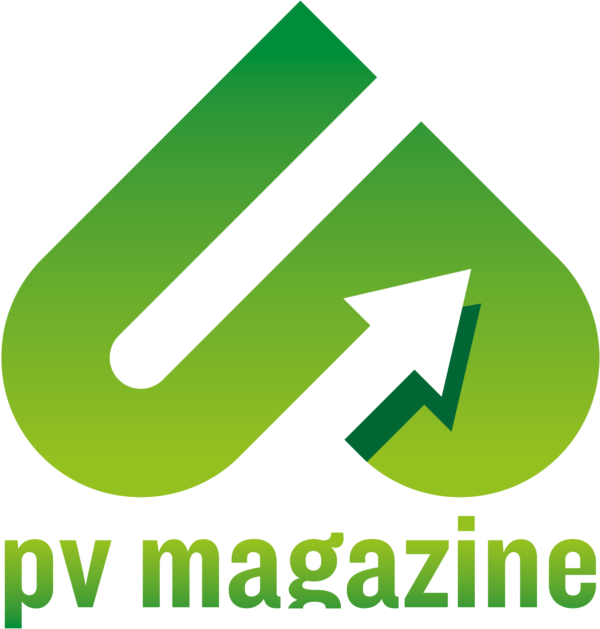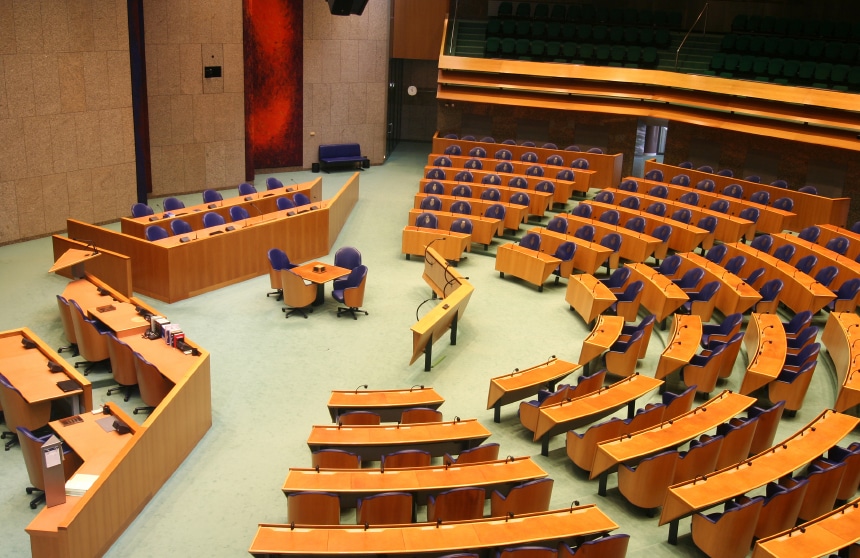Members of the Dutch parliament from the center-right Christian democratic party (CDA), the Social-democratic party (PvdA), and the Green political parties (GroenLinks) have submitted a series of questions on the alleged use of forced labor in the Chinese solar industry to the Dutch Minister for Foreign Trade and Development Cooperation, Sigrid Kaad.
The request for a hearing on the matter follows the publication of an article published by Dutch financial newspaper Financieele Dagblad (FD), in which the forced labor issue was addressed.
Workers' rights
 pv magazine’s UP Initiative is looking at what solar and energy storage companies can do to lead by positive example when it comes to the workers, often far removed, involved in the production of their products and services. Topics include: Impacts on global polysilicon supply for solar manufacturers; supply chain audits and transparency in PV; and relevant policy directives in the United States and Europe. Keep up-to-date on our coverage as we go through Q2 2021.
pv magazine’s UP Initiative is looking at what solar and energy storage companies can do to lead by positive example when it comes to the workers, often far removed, involved in the production of their products and services. Topics include: Impacts on global polysilicon supply for solar manufacturers; supply chain audits and transparency in PV; and relevant policy directives in the United States and Europe. Keep up-to-date on our coverage as we go through Q2 2021.
In their 21 questions, the MPs urged the government to explain if it is aware that solar modules imported from China, and used in the Dutch PV market, may contain raw materials from the Xinjiang region, in which the large-scale extraction of polysilicon allegedly involves forced labor.
They also called on the government to check if solar products related to the Xinjiang region may have been used in projects receiving public subsidies and invited the minister to explain the possible consequences for Dutch and European renewable energy markets if the imports of modules linked to the Xinjiang region may be stopped or suspended temporarily.
Popular content
Moreover, the minister was asked to explain what it is being done at the national and EU level for the regional diversification of the global PV industry and to what extent it is possible for Dutch companies, which claim they are only aware of what is happening at the factory level where wafers, cells and modules are produced, to control what is happening in raw material production.
The MPs also urged the government to verify the trustworthiness of consulting firm Horizon Advisory, which published a report in January where it claimed that forced labor is being used in the Chinese PV supply chain. Since its publication, a discussion about the matter has begun in western countries and the existence and extent of the alleged forced labor in Xinjiang have been examined. However, to date, there are still many unknowns about the matter.
Going back to the Netherlands, it is interesting to note that the CDA division of North Holland, in a separate development, has urged the government of the region – an area with strong development of solar parks – to consider the possibility of introducing legislation for ethical purchasing in the PV sector.
This content is protected by copyright and may not be reused. If you want to cooperate with us and would like to reuse some of our content, please contact: editors@pv-magazine.com.



1 comment
By submitting this form you agree to pv magazine using your data for the purposes of publishing your comment.
Your personal data will only be disclosed or otherwise transmitted to third parties for the purposes of spam filtering or if this is necessary for technical maintenance of the website. Any other transfer to third parties will not take place unless this is justified on the basis of applicable data protection regulations or if pv magazine is legally obliged to do so.
You may revoke this consent at any time with effect for the future, in which case your personal data will be deleted immediately. Otherwise, your data will be deleted if pv magazine has processed your request or the purpose of data storage is fulfilled.
Further information on data privacy can be found in our Data Protection Policy.